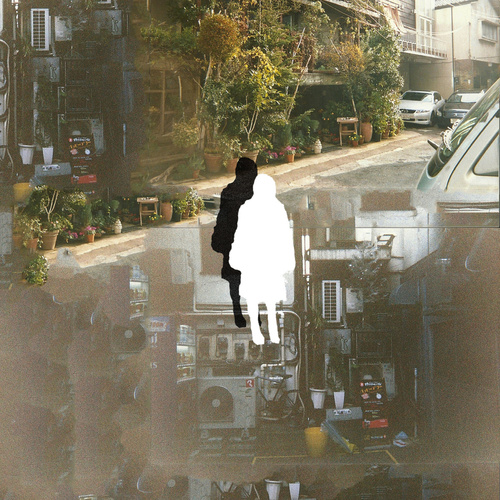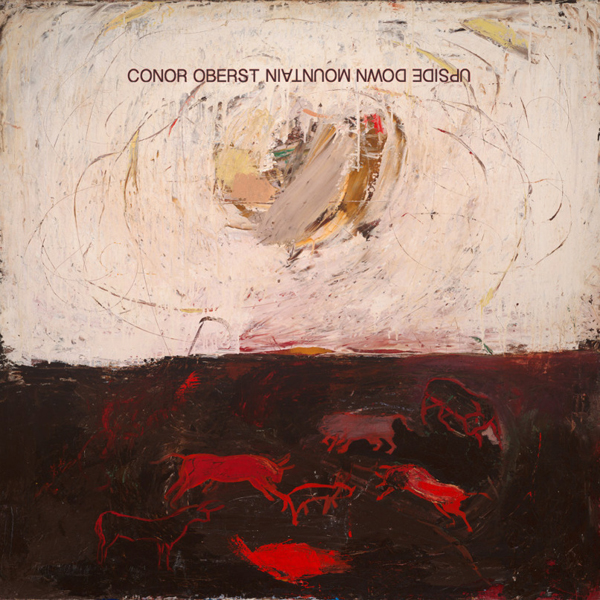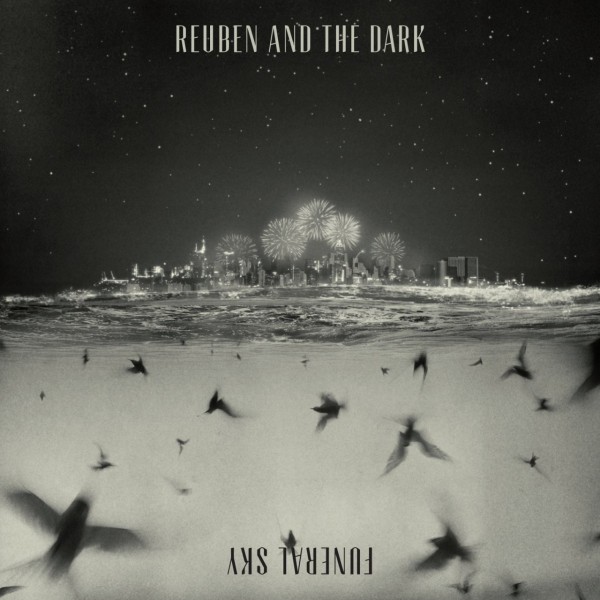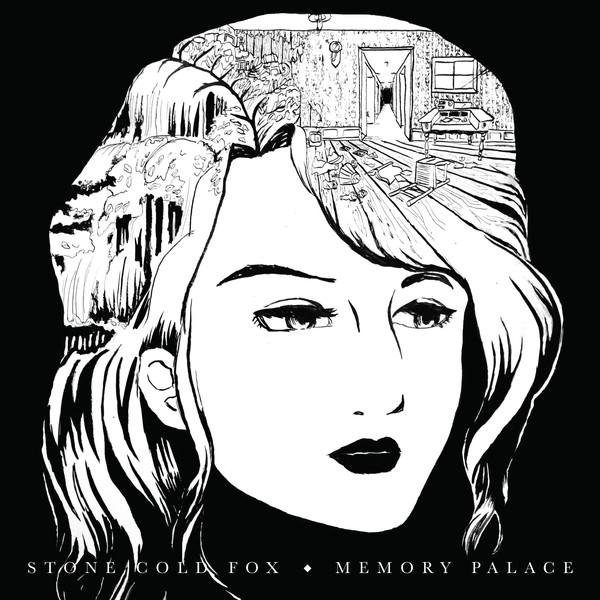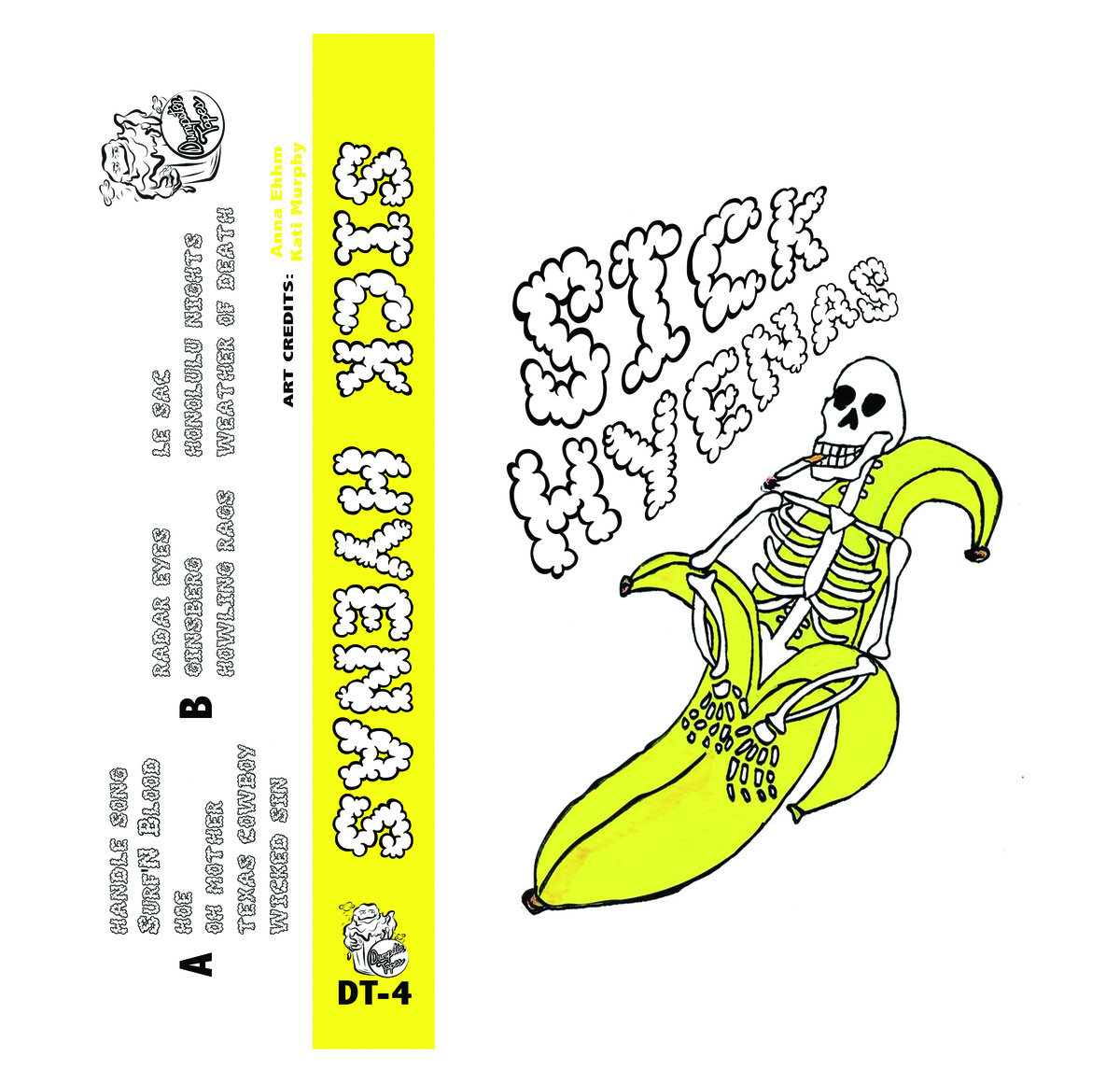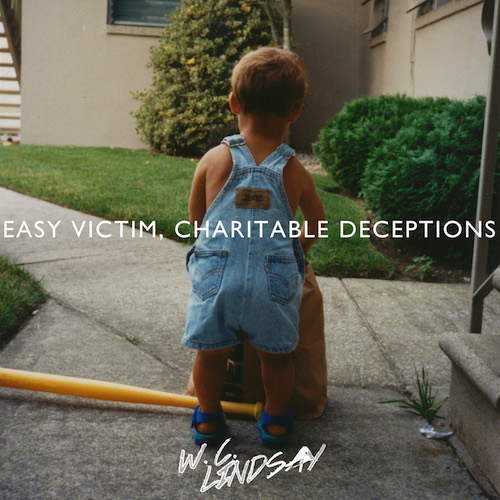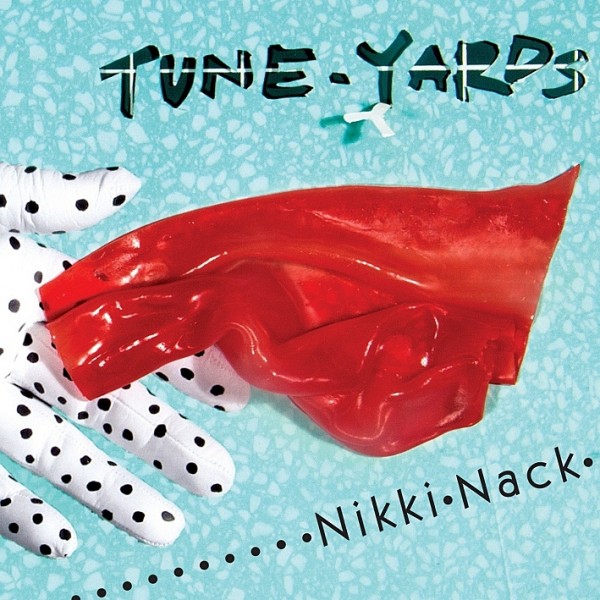 tUnE-yArDs – nikki nack
tUnE-yArDs – nikki nack





Merrill Garbus ignited the colorful spirit of tUnE-yArDs back in 2009 and 2011 with the release of her first two albums, BiRd-BrAiNs and w h o k i l l, and within the recently released and playfully confident third album, nikki nack, Garbus proves she’s exploding with even more gusto than before.
It takes only the first 15 seconds of the intro track, “Find A New Way,” to experience nikki nack’s bold, unapologetic flavors. Garbus’s layered vocals mixed with a catchy drum line satisfy the anticipated rhythmic flair found in every one of her albums.
The bumping spirit of songs like “Water Fountain” and “Real Thing” have rhythms contagious enough to get you out of your seat to belt out the raw lyrics set over the beat of Garbus’s infamous drum and vocal loops. Lines like, “Your fist clenched my neck/We’re neck and neck” in the upbeat “Water Fountain” elevate the song beyond the realm of mere pop, but are conveyed charmingly through Garbus’s cooing voice, further adding to her overall badass physique.
Other tracks, like “Look Around” and “Wait For a Minute,” are proof of the vocal lessons Garbus’s took prior to production; her singing skills appear to be more mature throughout the entire album. Garbus’s conscious decision to slow down and show the softer side of tUnE-yArDs becomes apparent with the improvement of her own skills to the point of near perfection.
The most memorable (and oddest) part of the album lies in the imaginative interlude “Why Do We Dine on the Tots?”
Garbus’s inner puppeteer is fearlessly expressed through the spoken lyrics that narrate a story with multiple character voices.
In the story, a family sits around the dinner table when the grandpa asks why they all must dine on tots. Garbus, answering herself, says, “What good were those kids before they were our food, outrageously smelly, impulsive and rude/Thus you know very well that the fresh produce rots/So clearly, we’ll dine on the tots.”
“Why Do We Dine on the Tots?” follows the same concept as the satirical essay “A Modest Proposal” by Jonathan Swift. Garbus’ fantasy story follows a similar idea about a dystopian future and familial cannibalism and, like Swift, she harshly reprimands those who look down on the poor. “Tots” refers to members of a poverty culture, shamed for their poorness. In the end, they are still oppressed, since the harmful policies enacted at their expense benefit others too well (Garbus’ characters “savor the flavor” after eating the tots).
The entire flow of the album shifts when the chilling song “Rocking Chair” emits an angst-ridden chorus of Garbus’s compelling vocals, ceasing all instrumentation besides a rattle and a tribal drum line. The repetitive stanza, “The weight of me broke the rocking chair/Now I can’t get to sleep” grows as harmonies are added and the sound of fiddles back up Garbus’ jumbled, yet uniform, cries.
Every song contains clashing, complex rhythms that are indescribably and amazingly creative, and no two tracks are the same. Garbus truly has her musical soul on display through the emotional workings of her powerful voice.
Nikki nack stands out as the darkest, yet most sophisticated-sounding album of the tUnE-yArDs trifecta. Garbus’s continual explorations, backed by honest passion and thoughtful lyrics, keep the zesty flavor of the band fresh in the heads and hearts of its listeners, putting tUnE-yArDs’ captivating sound in its own transcendental dimension.
tUnE-yArDs – nikki nack tracklist:
- “Find A New Way”
- “Water Fountain”
- “Time of Dark”
- “Real Thing”
- “Look Around”
- “Hey Life”
- “Sink-O”
- “Why Do We Dine On The Tots?”
- “Stop That Man”
- “Wait for a Minute”
- “Left Behind”
- “Rocking Chair”
- “Manchild”
